On the hunt for equality in a male-dominated industry.
It's hard to ignore the remarkable journey unfolding in women's football. The England Women's Team Euros 2022 win and World Cup 2023 performance commanded attention, and it's a narrative that brands should eagerly embrace.
The Euros 2022 tournament was full of record-breaking successes [1]. The Lionesses' performances were powerful, confident and defied traditional stereotypes. And their World Cup challenge proved to be no different.
Ticket sales, viewing figures, and game attendance are at an all-time high. It's inspiring to see this group of formidable women paving the way for women's football's tale of empowerment and equality. And it's one that brands can't afford to overlook.
But did you know that the Football Association effectively banned women from playing for just over 50 years?
Fighting for Equal Rights.
________________________________________
"The game of football is quite unsuitable for females and ought not to be encouraged."
English Football Association, 5 December 1921.
________________________________________
In 1921, the all-male FA committee ruled that "clubs belonging to the Association refuse the use of their grounds" for female matches.
During the 1920s, a team of Preston factory workers known as the Dick, Kerr Ladies played a successful tour culminating in a charity match against rivals St Helens on Boxing Day at Goodison Park. The fixture made history, with a record 53,000 fans turning up to cheer on the players, and a further 14,000 fans turned away as the stadium was at capacity. The ticket sales reached over£3000, which, at the time, was the highest amount raised for a single charity match.
The FA started to take notice. The snowballing popularity of the women's game was slipping out of their control. Feeling pressured by societal demands at that time, they struck a blow that devastated women's football for 50 years.
The committee effectively extinguished the women's game overnight by relegating their matches to local parks. But unfortunately, no grounds could match the capacities of the sizeable men's stadiums. So, game attendance plummeted, and fans lost interest.
The Dawn of a New Era.
________________________________________
"It was about fighting for what we believed was right."
Lesley Lloyd, December 2021
________________________________________
In 1971, the modern FA finally lifted the ban. The inaugural Women's FA Cup was the first match played, returning women's football to the mainstream. Held at Crystal Palace Park, Lesley Lloyd, captain of Southampton Ladies, led her squad to victory, marking a pivotal moment for women's football following decades of injustice.
The turn of the century marked a significant shift in the perception and support of women's football. Fast forward to 2022, and the Lionesses' Euros victory over Germany in the finals was the most-watched TV event of the year, with its 17.4 million viewing audience making it the most-viewed women's game in UKTV history, catapulting the players into household names.
England's team received a flurry of sponsorship and brand partnerships from Nike to Gucci. Brands are understandably keen to partner with these bold,young players to advertise their products. The ones that will score big will be those actively supporting women's sports to capture the attention of the new audience of sporting fans with meaningful long-term relationships.
It's All about Visibility.
Former Arsenal and England player Alex Scott is arguably one of the most recognisable faces on sports television today. From her humble start working in the Arsenal men's laundry room to regularly covering the men's game, she's pioneering the way for women in football.
________________________________________
"Football as a profession has a responsibility to modernise."
Emma Hayes, 3 February 2021.
________________________________________
However, a recent survey [2] highlighted the chasm of representation for male versus female pundits. In the 2019/20 Men's season, male commentators worked on over 2,500 games, with female commentators appearing on just 690 matches.
Interestingly, the brand marketing sphere is addressing this imbalance in representation, with tangible results for those backing female sports stars. A recent study by the Women's Sport Trust [3] showed that brands who are investing in women's sporting figures are more likely to find success than the million-pound deals they're striking in the men's games.

The visibility of women in roles within clubs – leadership, coaching, and others –is important to encourage other women to engage with the clubs as fans and commercial partners. For example, research from the Women's Sport Trust showed that exposure was a key reason for watching women's sports for more than 80% of fans. Seeing and hearing women in football roles encourages more women to engage with the sport, increasing the fan base.[4]
New Fans, New Opportunities.
Exclusivity offered by the women's game attracts a broader audience to the sport. As a result, both players and the brands they partner with benefit. For instance, during this year's World Cup, Moroccan defender Nouhaïla Benzina made history by wearing her hijab during matches. In response to this groundbreaking moment, FIFA 23 updated its player model to include her headscarf. This inclusion has welcomed a new community of fans who can now see themselves represented within the game.
The less aggressive and more inclusive atmosphere associated with women's football promotes the game as "for everyone".The Lionesses winning the Euros last year gave the country a reason to celebrate and get behind them. Their victory inspired 2 in 5 members of the general public and made two-thirds of football fans more interested in watching UK women's football in the future [5]. This interest boosts opportunities for broader brand visibility through sponsorship and player partnerships.
Also, a younger audience is invested, with Gen Z fans engaging with the women's game in higher numbers than in previous years.

Despite the progress, some misconceptions persist. Around 4 in 10 football fans feel the women's game is less skilled than the men's [6]. But shows of skill suggest that women can hold their own. Take Chloe Kelly's recent barn-storming penalty to clinch victory over Nigeria, which clocked in at 110.79 km per hour, beating any of the most powerful strikes from last season's men's Premiere League attempts. The calibre of the Lionesses is enough that even in the male-dominated market, they can win over even the most cynical of fans.
Despite the progress, some misconceptions persist. Around 4 in 10 football fans feel the women's game is less skilled than the men's [7].But shows of skill such as Chloe Kelly's recent barn-storming penalty to clinch victory over Nigeria, which clocked in at 110.79 km per hour, beating any of the most powerful strikes from last season's men's Premiere League, indicates that women can hold their own. The calibre of the Lionesses is enough that evening the male-dominated market, they can win over even the most cynical of fans.
How Brands Can Score.
Brands that invest in partnerships with women's players set themselves up in a good position. But those with a genuine, deeper commitment to progressing the sport will see results beyond the limelight of the recent Lionesses' successes.
As women's football garners more attention from global audiences, brands can reach new, diverse markets. With social media and streaming services, women's football has expanded its reach to fans online. Engaging younger generations through relevant brand partnerships – championing equality in women's sports –is undeniably appealing.
Despite the growth in the game, women's football still faces challenges in media coverage, infrastructure, and funding. Brands that authentically support women's sports and contribute to its growth resonate well with audiences. Highlighting women's football with its poignant message of equality and diversity is undoubtedly a positive, impactful stance for brands to align with.

Even now, the sponsorship landscape in women's football is still less saturated than those prevalent in the men's game. Brands that come into play now by creating strong association with women's sports will stand out against competitors.
A Bright Future.
Women's football is still weighed down by male dominance. From the supporters' interest to career opportunities, women's football is on the back foot.
But these ferocious Lionesses and their leaders are inspiring girls (and boys) nationwide.Brands are in the perfect position to weave themselves into this electric narrative as the face of football changes for the better. By partnering with players and sponsoring sporting events, they can align with the momentum of consumers' interest in women's sports.
Throw in a solid push to close the gender gap in professional football, and the future looks (Millie) bright for Women's football and the winning opportunities it presents for brand marketing.
[1] England's record-breaking feats at Women's EURO 2022 | UEFA.com
[2] Male vs Female Football Commentator’s Air Time Revealed (cheekypunter.com)
[3] Women's Sport Trust produces comprehensive industry report into the positive impact ofwomen’s sport sponsorship on brands - Womens Sport Trust
[4] VISIBILITY UNCOVERED - THE YEAR IN REVIEW (2021) - Womens Sport Trust
[5] Almost two-thirds of football fans more interested in watching women’s football following Lionesses success | Ipsos
[6] Almos two-thirds of football fans more interested in watching women’s football following Lionesses success | Ipsos
[7] Almost two-thirds of football fans more interested in watching women’s footballfollowing Lionesses success | Ipsos
[8] Recordnumber of LGBTQ footballers at Women’s World Cup 2023 (thepinknews.com)





.png)




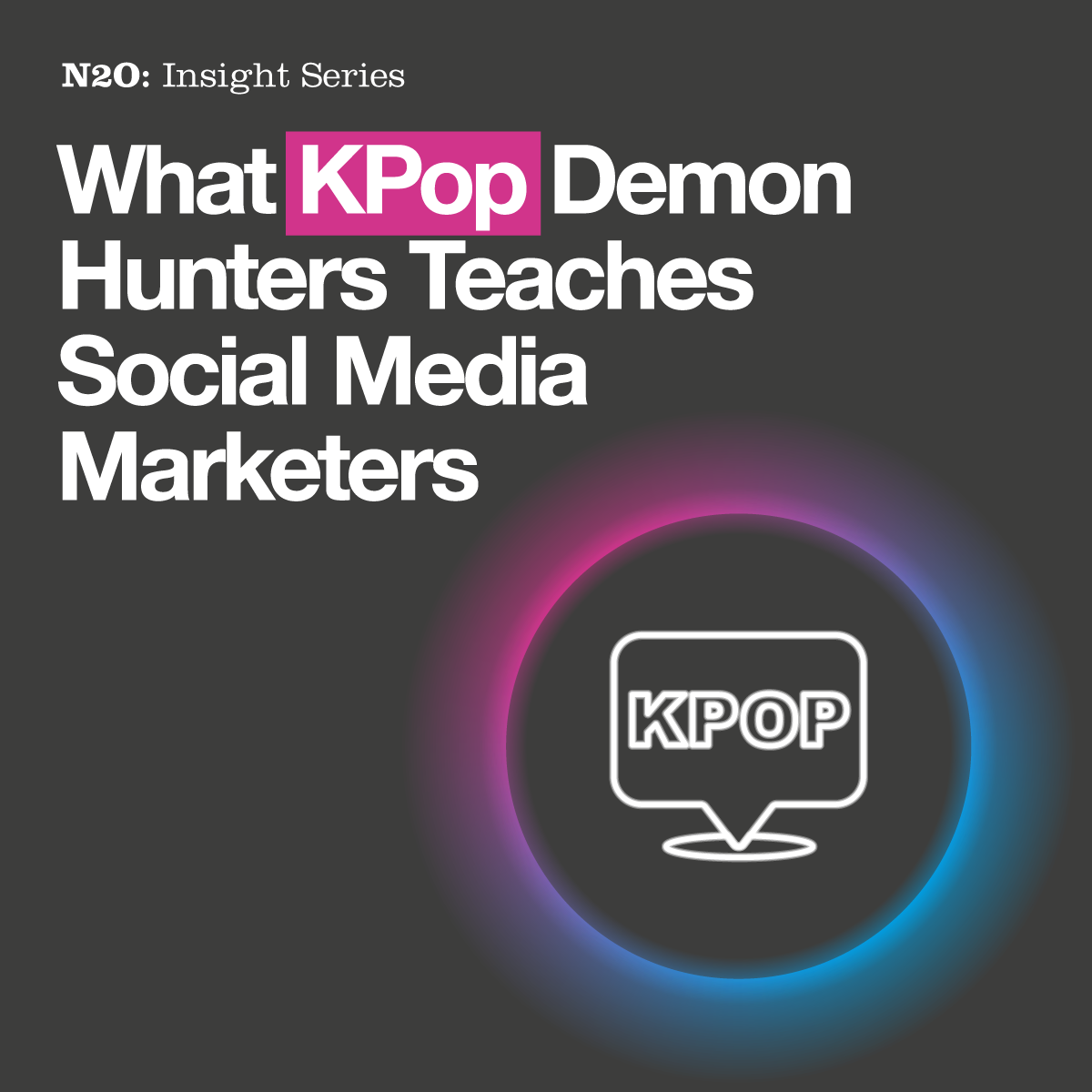
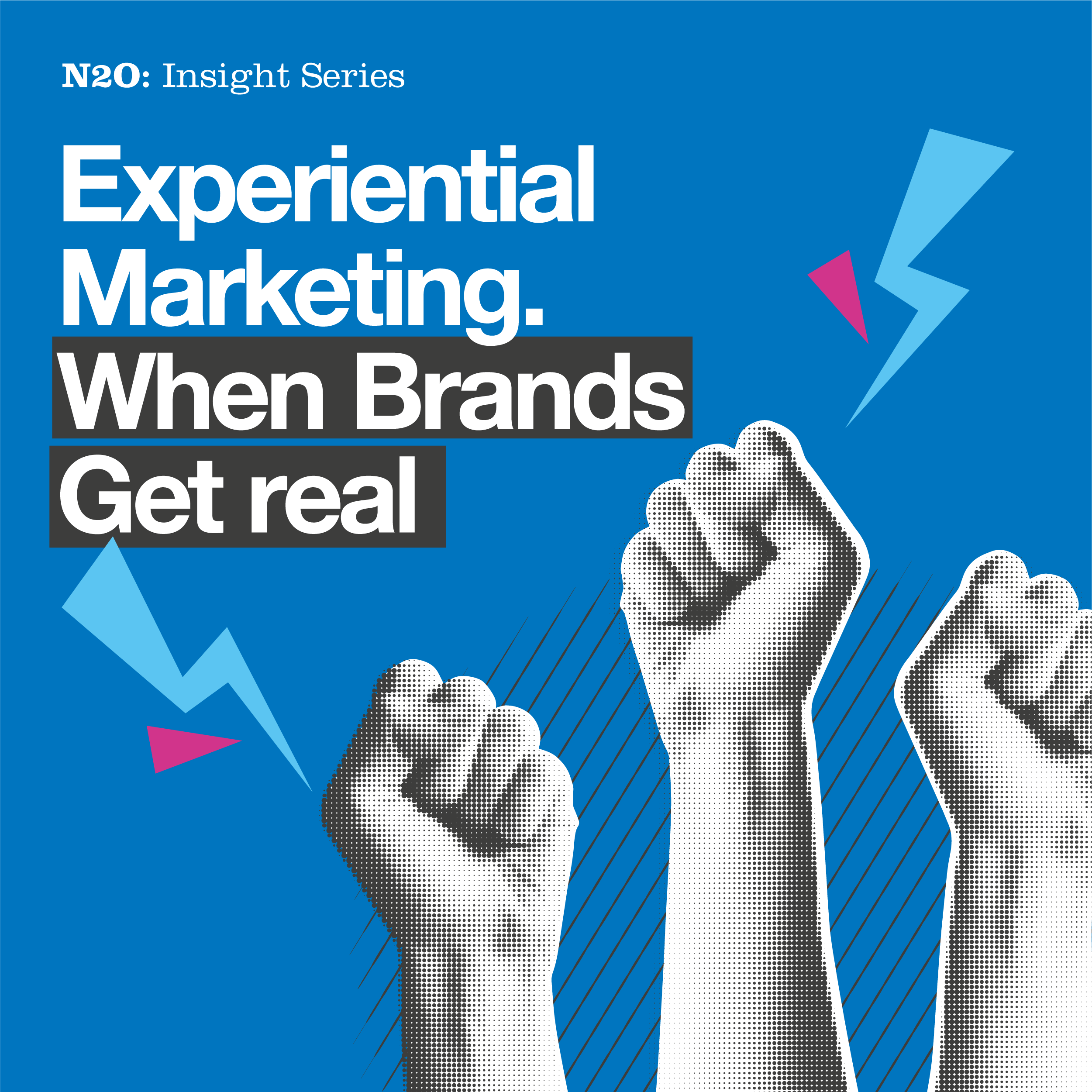





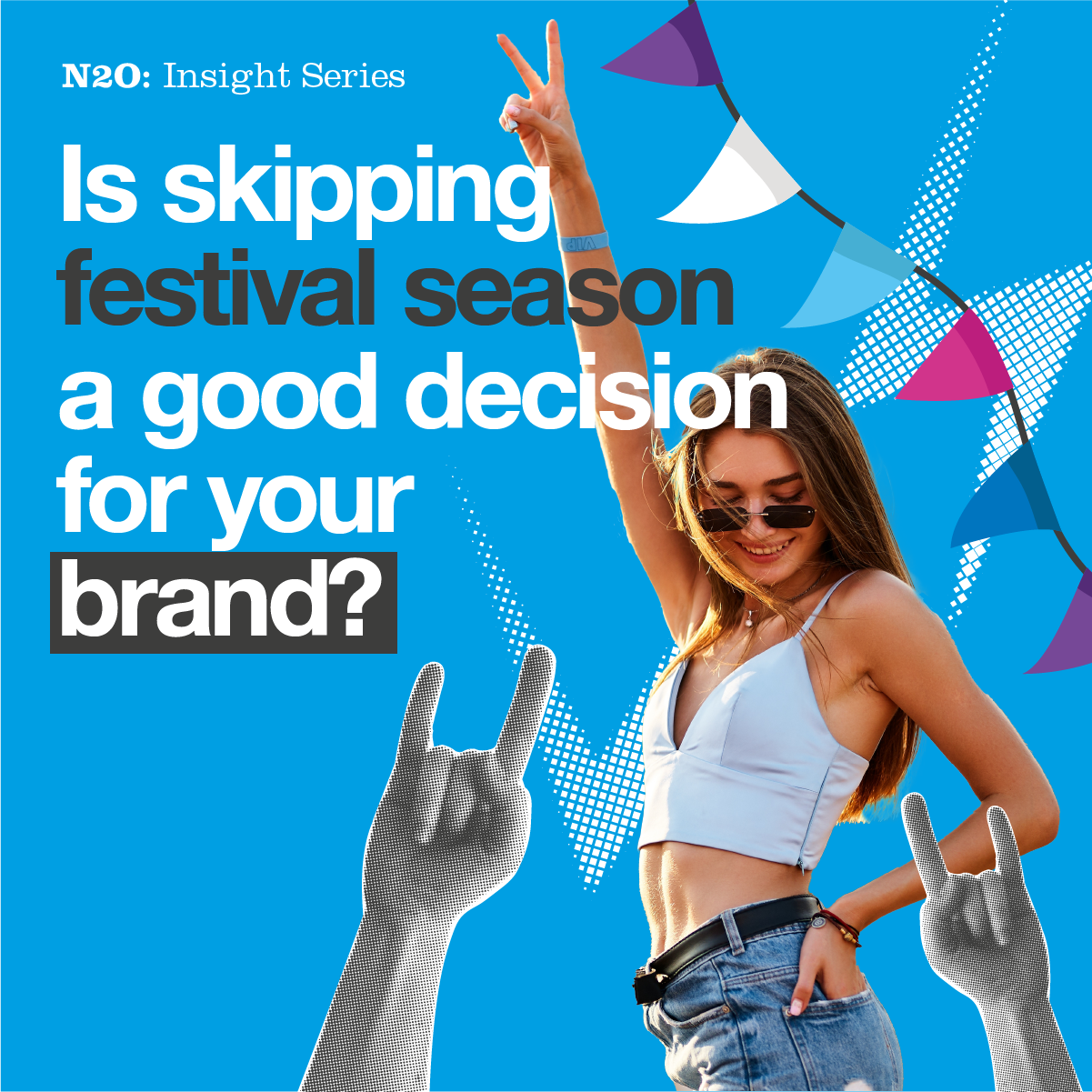
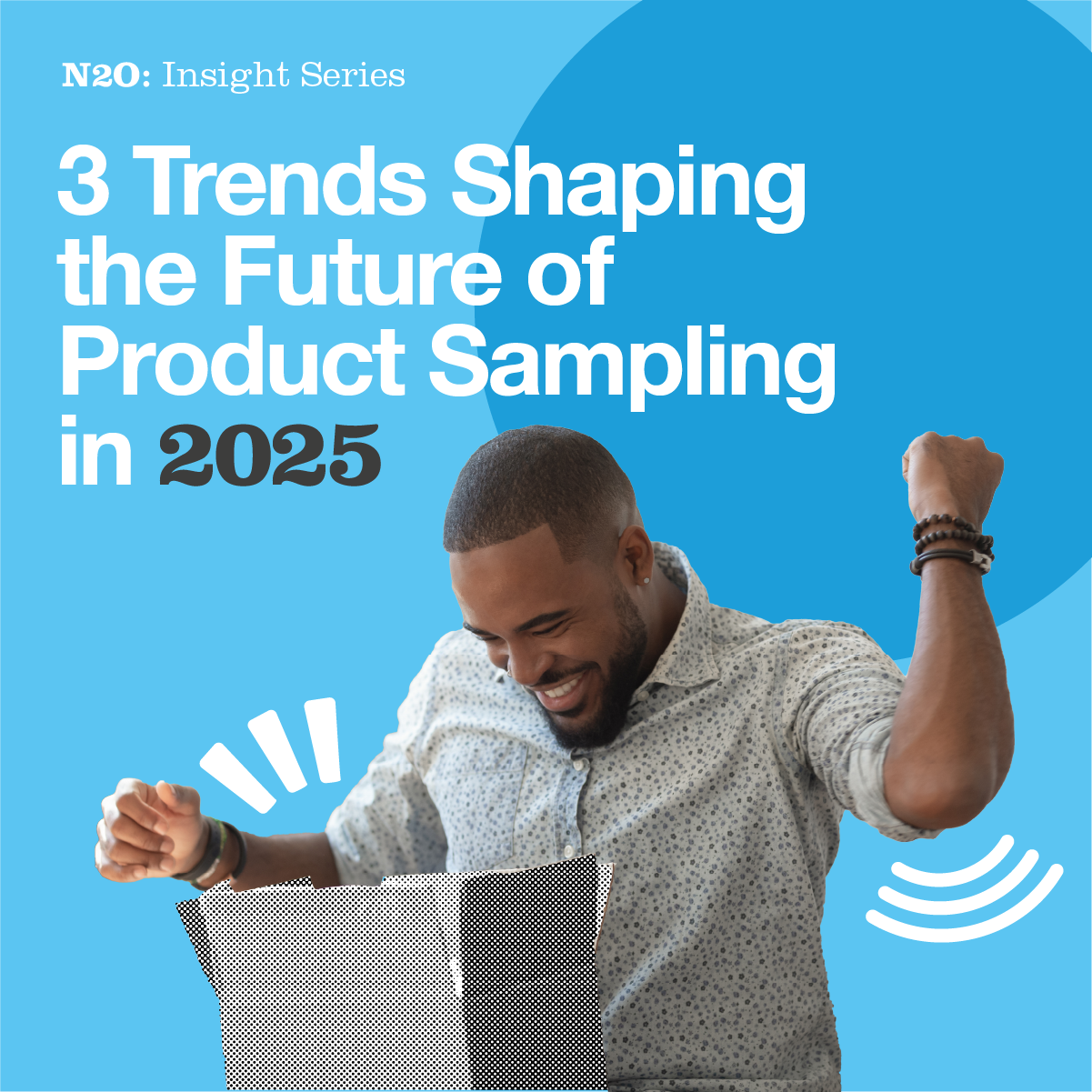
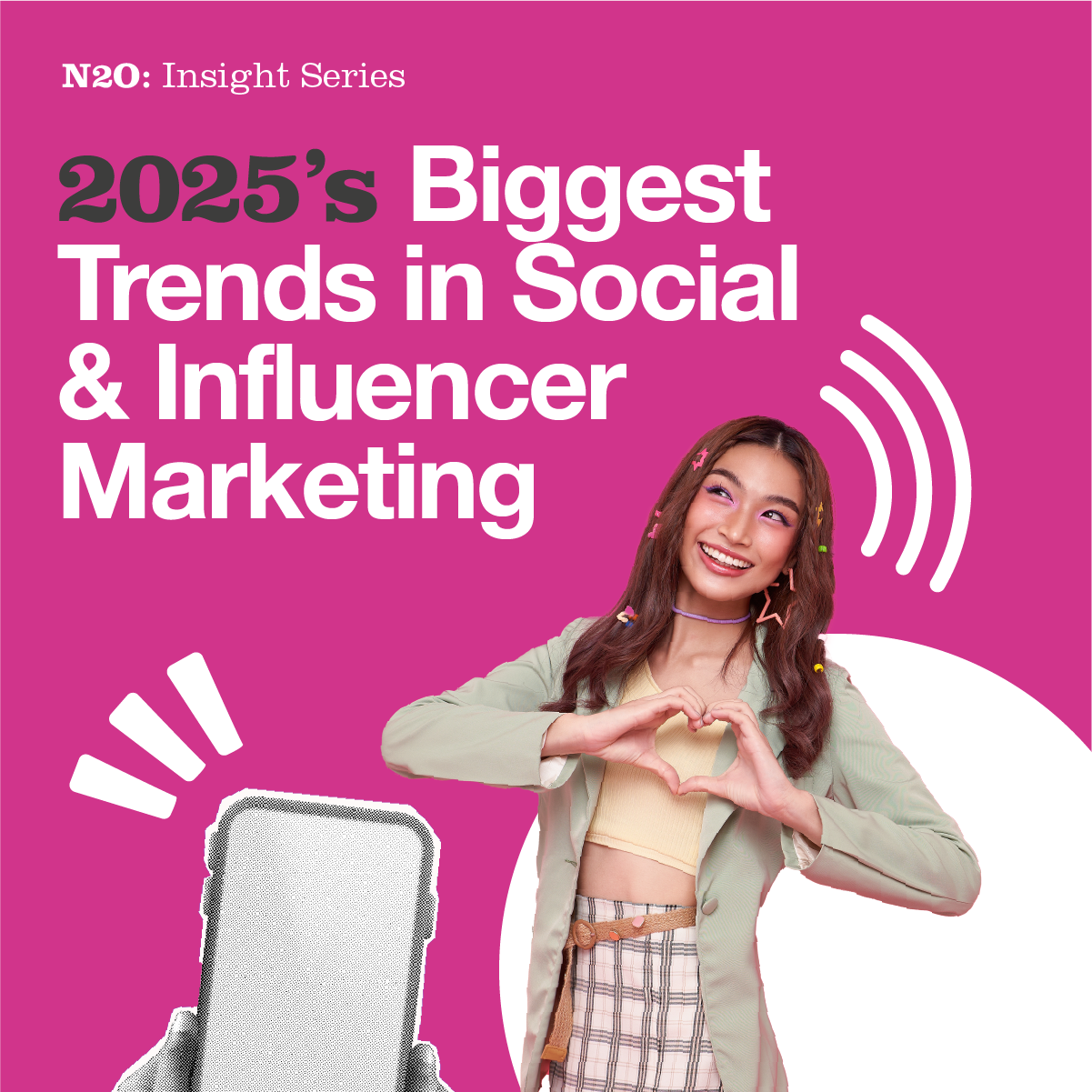





































































.jpg)







.jpeg)


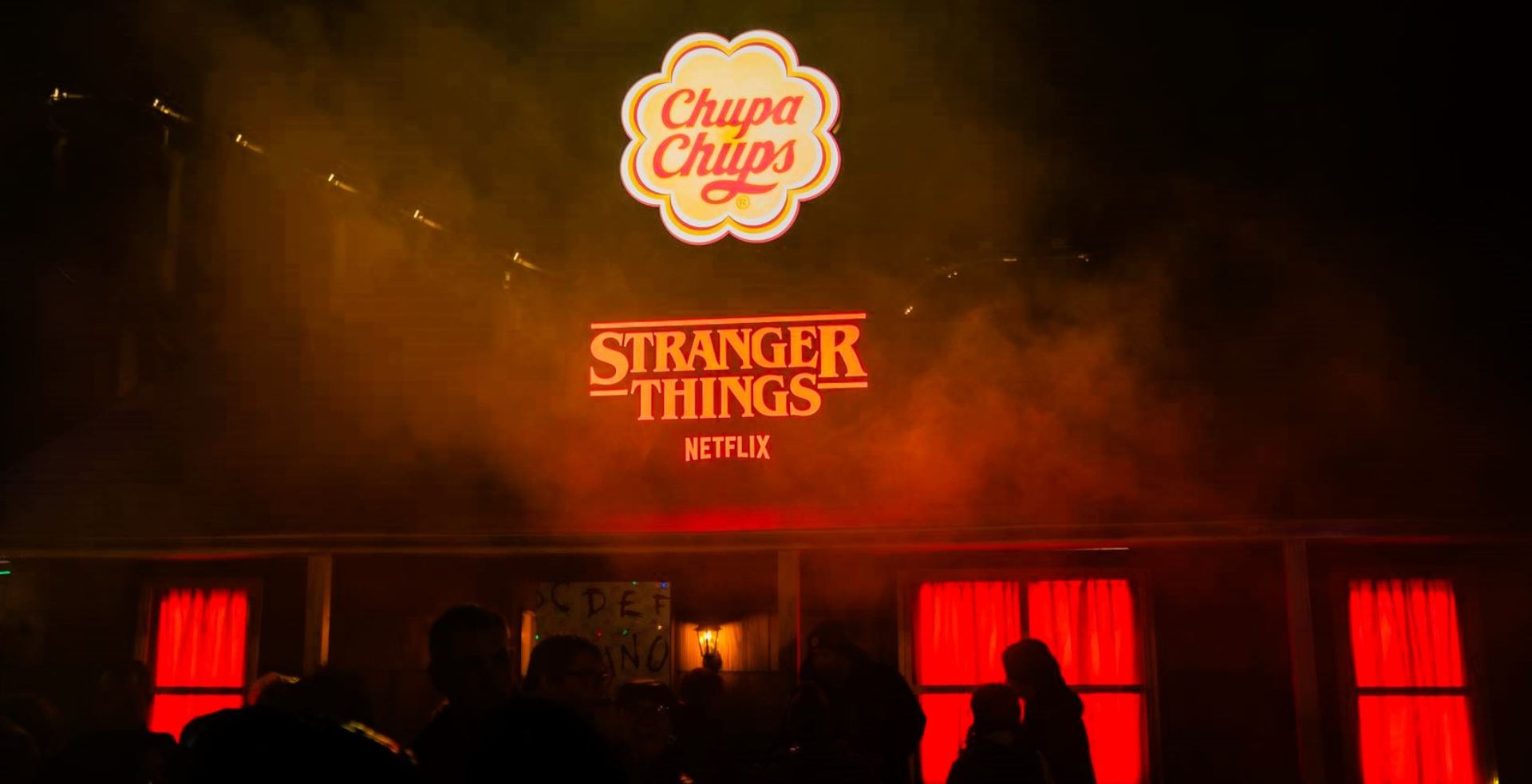
.png)


















